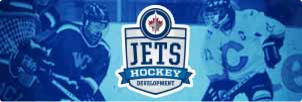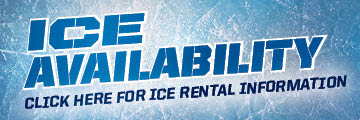Coaches have many responsibilities when it comes to the performance of their teams. Individual development, scheduling, practice plans, game management, and team building are just a few of the things that are on a coach’s plate. With such busy schedules and numerous other responsibilities, there is one important aspect that sometimes gets overlooked, and that is a coach’s involvement in his/her team’s strength and conditioning program.
Players’ strength and conditioning time often becomes an occasion for the coach to have some time off or for them to work on practice plans or other things. I can tell you from experience that without a doubt, the most successful strength and conditioning programs are a unified effort involving both the strength and conditioning staff and the coaching staff.
In order for players to get the most out of their in-season training they have to buy in, both mentally and physically. This can be hard as the rigours of a season are tough. If the coach does not stress the importance of off-ice training this becomes an easy out for the players to go through the motions without giving it their all. The strength coaches are there to motivate as well but at the end of the day, it’s the on-ice coach that is going to determine how much that player plays and in what situations. If the coach believes in the importance of the strength program and relays that to the players, and the strength staff do the same, then the players are receiving a positive and consistent message that will help produce the best results.
This does not mean that coaches need to know every little detail about the strength and conditioning programs or that they have to be there to oversee each and every session. The strength and conditioning staff working with your team should be qualified to the majority of the heavy lifting (no pun intended). As a coach, here are some things that you can do to show a unified front and have your team get the most out of its strength and conditioning sessions:
– Talk to the team at the beginning of the year and stress the importance of training and how you believe in it.
– Be a part of the scheduling process when booking team training sessions.
– Keep an ongoing clear line of communication between yourself and the strength coach. Many things happen during the course of a season and changes in scheduling and programming aren’t uncommon. Making sure that everyone is on the same page strengthens the unity between the on-ice and off-ice coaches.
– Be present at some of the sessions. Let the players know you are watching their work ethic in everything they do.
– When a strength coach has input on a player or has feedback that a player hasn’t been showing up or hasn’t been working hard, back the strength coach and discipline the player accordingly, no differently than what would be done on the ice.
– Ask questions! No one is expecting the coach to be an expert in strength and conditioning. If you are unsure about any part of the program, just ask. The more familiar you are with the routine and the reasoning, the better you can communicate to players and be aligned with the messages coming from the strength coach.
Until next time,
Strength, Courage, Hustle, Commitment






